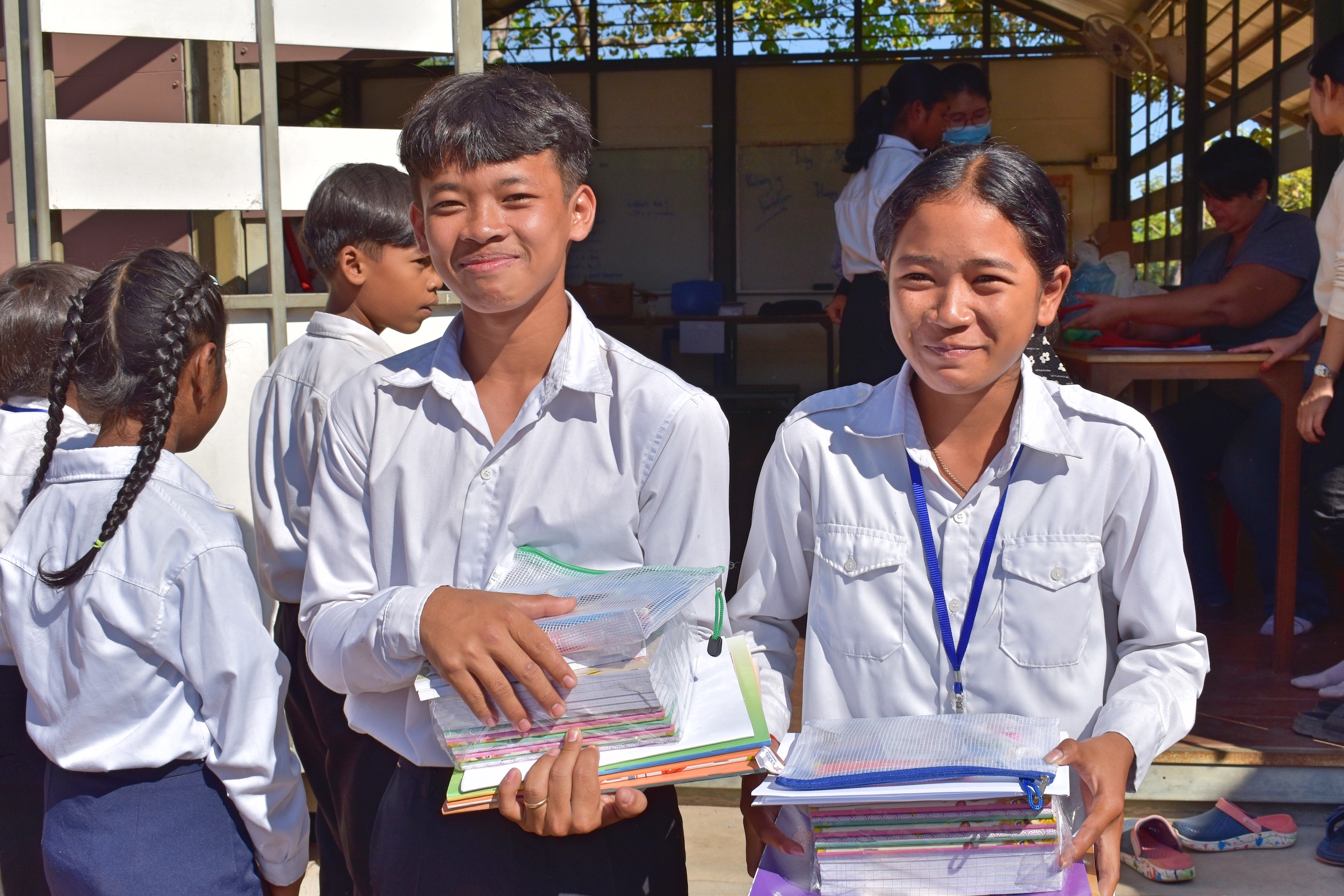
Over the past 10 years our high school scholarship program has grown and evolved. We’re constantly looking at how to best serve and guide our students to give them the optimum chance of success in the future. We last had a major shake up of our high school scholarship program back in 2016. This shift – to supporting students for only their final year of high school – meant that we have since been able to support a much larger number, in fact the majority of students in PLF’s catchment areas, with high school scholarships.
This change allowed more of PLF’s students to pass their final exams at a rate consistently above the national average:
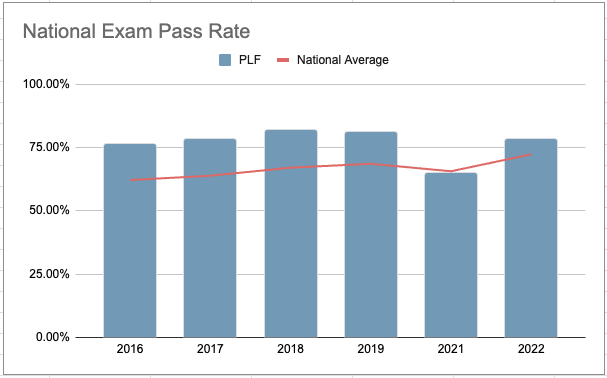
There was no exam held in 2020 due to COVID-19 and students everywhere had a difficult transition back to class in 2021, before finding their feet again in 2022. Schools in Cambodia were closed for the best part of 2 years during the COVID-19 pandemic. Classes were taught online, but a lot of students in rural areas who had no stable internet access were left behind. We ensured that PLF’s rural students were assisted with access to a robust eLearning program, which went a long way to redress some of these challenges, but ultimately everyone was just pushed forward to the next grade at the end of the year, without any exams to test their knowledge. In 2021, students sat the exam after just a few months back in class and whilst students in Urban areas still performed well, it was Rural students who suffered the most.
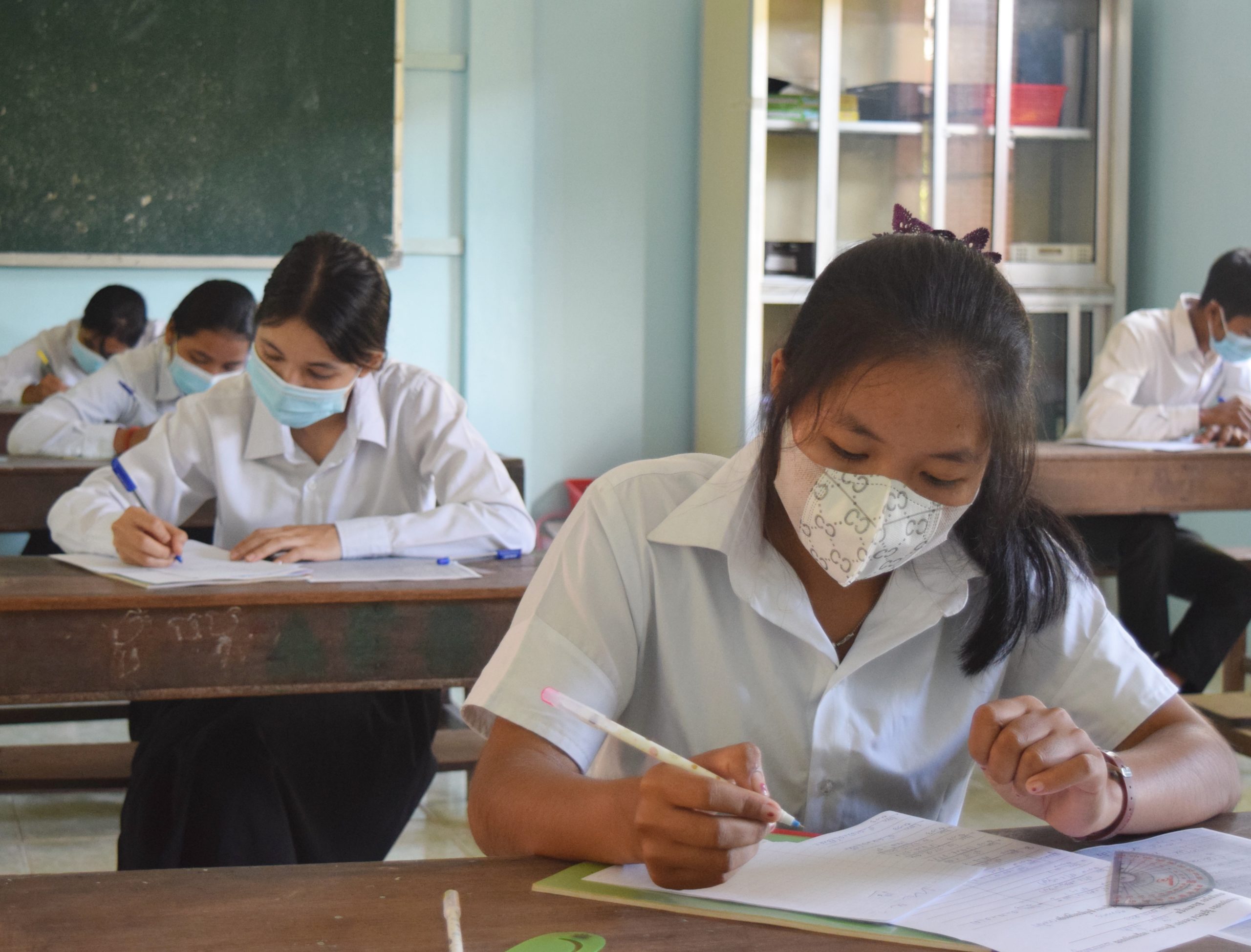
Students’ final exam subject choices were also strongly influenced by the pandemic. In Cambodia, there are two options – a Social track, and a Science track – that lay the foundation for corresponding university majors. Students’ preference towards taking the Social track, which is generally considered to be much easier, started back in 2017 and was amplified by the challenges of the pandemic.
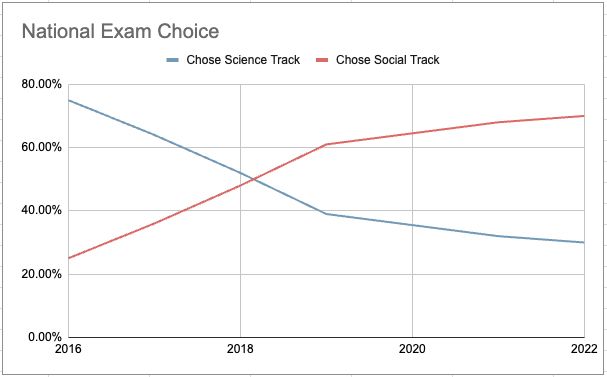
Science track students study Advanced Math, Physics, Chemistry, Biology, Khmer, History and English. Social track students study Math, Khmer, History, Geography, Philosophy, Geology and English. The Science track is significantly more difficult – the national pass rate for Science track has been around 52% and for the Social track around 83%.
Due to the massive difference in the difficulty level of the two exams, less and less students nationwide are choosing to take the Science track. This limits their options when it comes to University, and correspondingly means that fewer students are studying STEM subjects. This is a worrying trend. If Cambodia wants to continue to develop, it drastically needs STEM professionals, and that means encouraging more students to opt for the Science track in high school.
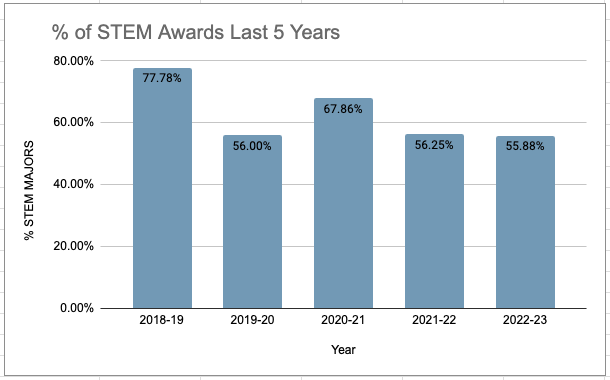
At PLF, we’ve also seen this decline, with fewer University students choosing STEM subjects – which we believe to be a direct consequence of the preference for the Social track in high school.
We knew we had to make changes to try to address this problem, but it required us to look a bit more deeply into it to understand exactly where to focus our efforts. In 2022, our Scholarship students by Science and Social Track were as follows:
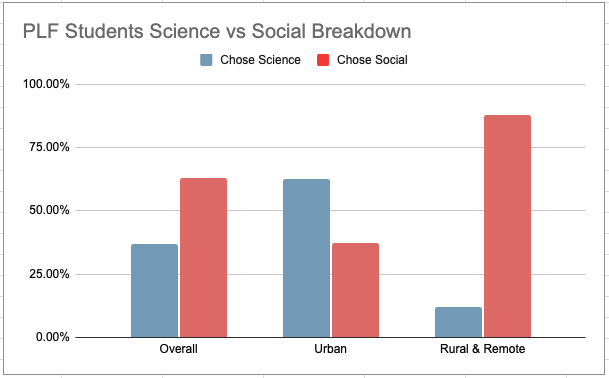
PLF’s “Science problem” is overwhelmingly in our Rural and Remote areas. Our Urban students have access to better schools, with better teachers, which gives those who are interested in Science the confidence to take on the more difficult track. But our Rural and Remote students, even those who are interested in Science, are scared to take it on through fear of failure. Their teachers are less engaged, and by the time they reach Grade 12, most feel too far behind in their knowledge of the science subjects to want to take the risk.
So how can we address this challenge?
For our Rural and Remote students, we have decided to trace our steps back through the scholarship program, and revert to offering 2-year scholarships to those who are really committed to taking the Science track. By starting this support in Grade 11 instead of Grade 12, they gain the extra tuition classes required to boost their confidence in tackling these weightier subjects, encouraging their love and aptitude for science to grow.
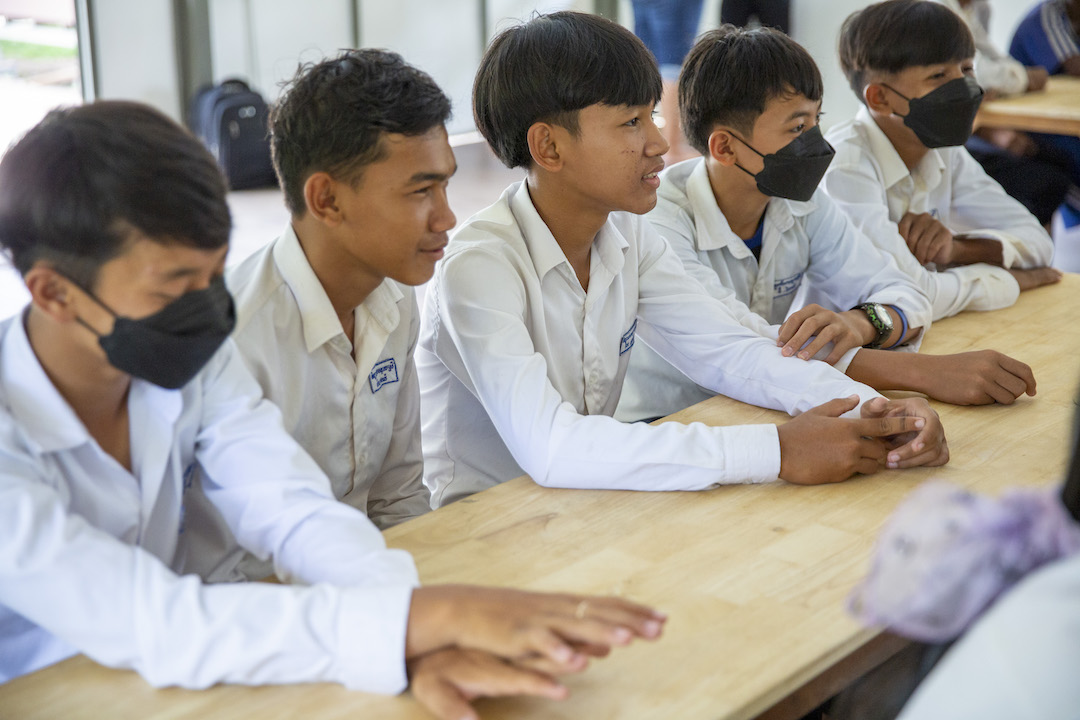
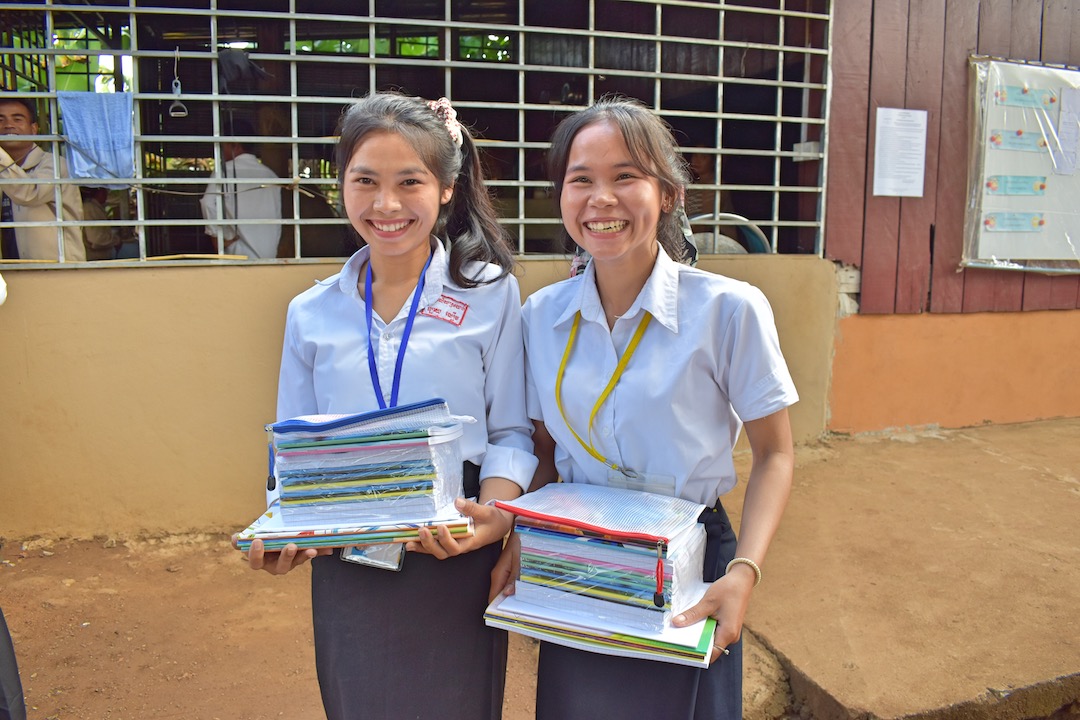
In this first year of the new scholarships, all 17 of our rural Grade 11 students who applied were awarded. We believe that this adjustment is what is needed to tip the balance back towards more students taking on the Science track with confidence and a good chance of success. In turn, this should slowly increase the number of PLF students studying STEM subjects at University – bringing more representatives from these Rural and Remote areas into important roles that help to build and develop the country.
Watch this space to see how this inaugural cohort of young scientists do!
Want to walk alongside our students in their journeys but not sure how? Here are some of the really useful ways you can support our mission!
For as little as $10 a month, you could contribute to the ongoing education of our students. $120 goes a long way in Cambodia: that’s 5 village children on the road to education, with access to school and clean drinking water for half a year. Or a million other things, all of which coalesce into the tools needed for life to change for the better!
Follow our Instagram or Facebook accounts. Like, comment on or share our posts - Do it. It’s free. And it’s a huge help for us!
Have some questions?
Email us for a chat at [email protected]

Recent Comments